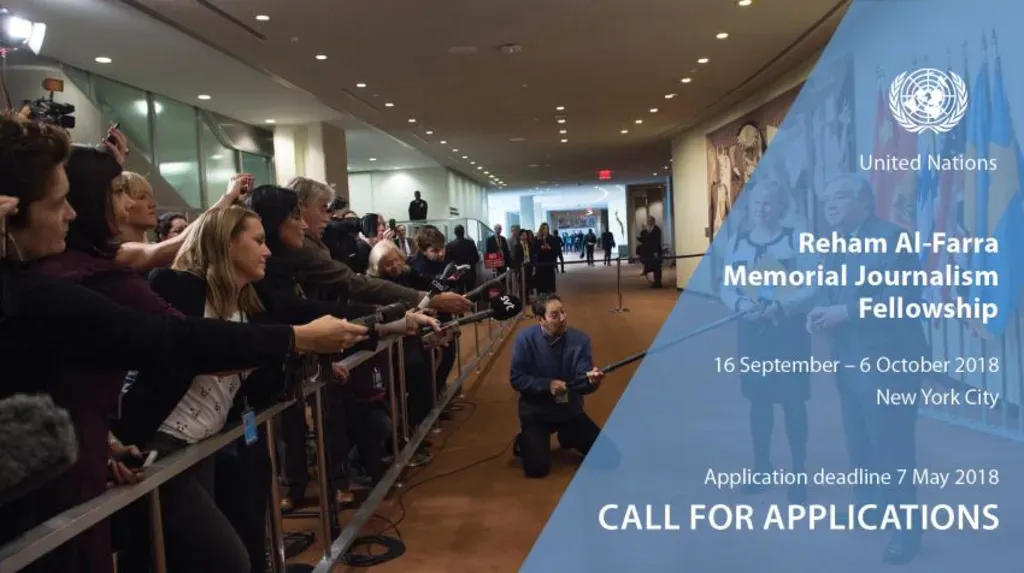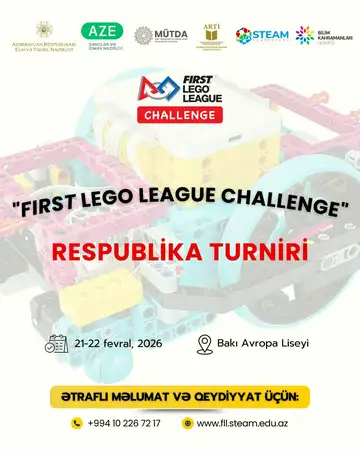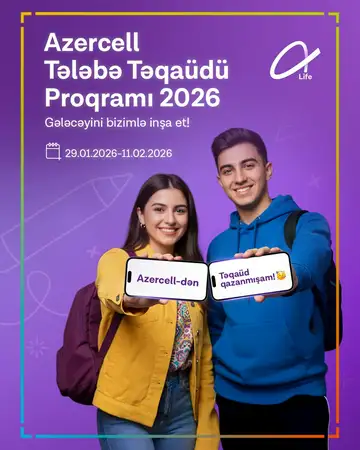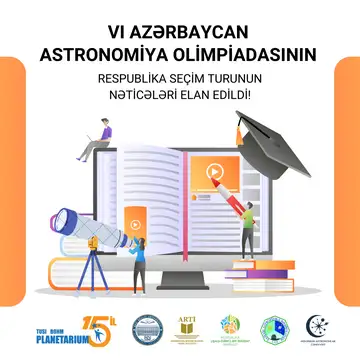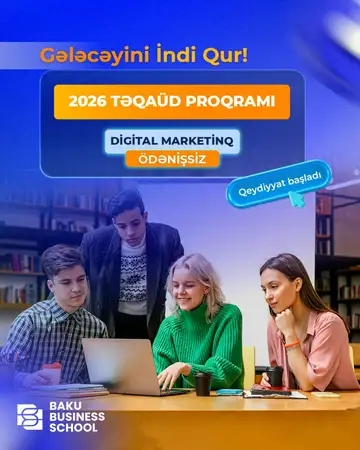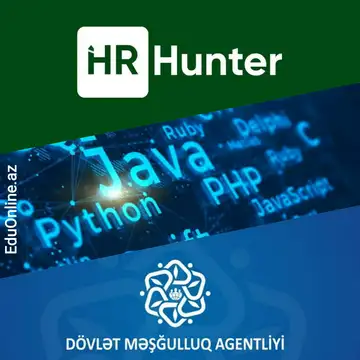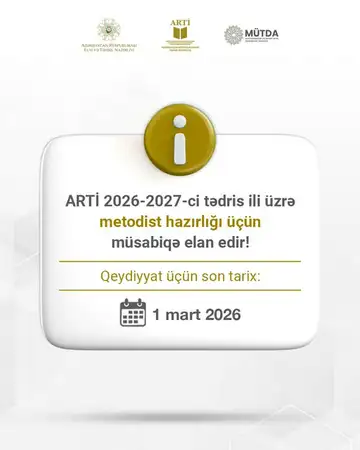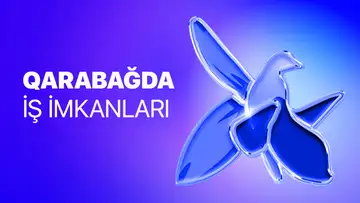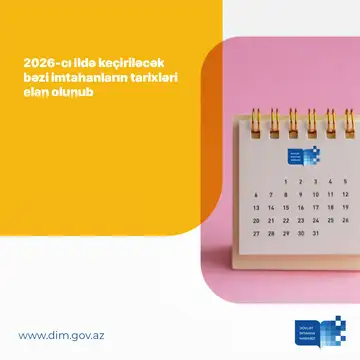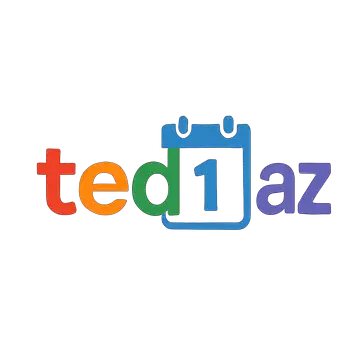Jurnalistlərin nəzərinə! BMT-nin İctimai İnformasiya Departamenti yaşı 22-dən 34-dək olan jurnalistlərdən Reham Al-Farra (RAF) təqaüd proqramına müraciətləri qəbul edir. Seçilmiş jurnalistlər bu il sentyabrın 16-dan oktyabrın 6-na kimi BMT-nin Nyu Yorkdakı (ABŞ) baş qərargahında Baş Assambleyanın fəaliyyətini işıqlandırmaq, BMT rəsmilərindən müsahibələr almaq, eləcə də xüsusi brifinqlər və seminarlara qatılmaq imkanı əldə edəcəklər. Təqaüd proqramı bütün xərcləri qarşılayır. Müraciət üçün son gün – 7 may 2018. Əlavə məlumat üçün: https://outreach.un.org/raf/
The Reham Al-Farra Memorial Journalism Fellowship is a unique opportunity for young journalists from developing countries and countries with economies in transition to cover the United Nations. Hosted every fall at UN Headquarters, the programme brings a select group of journalists to New York for the opening of the General Assembly.
During the 3-week programme, fellows have an opportunity to attend special briefings, interview senior officials and exchange ideas with colleagues from around the world. In previous years, fellows have met with the UN Secretary-General, President of the General Assembly and permanent representatives to the United Nations. The programme also arranges visits to various news organizations, such as the New York Times, Democracy Now! and WNYC radio.
The Reham Al-Farra Memorial Journalism Fellowship was mandated in December 1980 by UN General Assembly Resolution 35/201. Formerly known as the DPI Training Programme for Broadcasters and Journalists from Developing Countries, the programme was renamed in 2003 in honor of Reham Al-Farra, a 29-year-old Jordanian public information officer who was killed in the 19 August 2003 bombing of the UN headquarters in Baghdad.
Since its founding in 1981, the fellowship has been awarded to 581 journalists from 168 countries. Upon completion of the programme, fellows are expected to continue working in journalism and promote better understanding of the United Nations in their home countries. The programme does not provide basic skills training, as all fellows are working journalists.
The Fellowship covers travel to New York and provides a daily subsistence allowance to cover accommodation and related expenses. Information on eligibility can be found here.
You must to log in or register to access Reham Al-Farra Memorial Journalism Fellowship 2018 APPLICATION.
Who is eligible for the fellowship?
The RAF fellowship is open to full-time working journalists between 22 and 35 years of age who are nationals and residents of the following countries with developing economies or economies in transition:
Afghanistan, Albania, Algeria, Angola, Antigua and Barbuda, Argentina, Armenia, Azerbaijan, Bahamas, Bahrain, Bangladesh, Barbados, Belarus, Belize, Benin, Bhutan, Bolivia, Bosnia and Herzegovina, Botswana, Brazil, Brunei Darussalam, Burkina Faso, Burundi, Cabo Verde, Cambodia, Cameroon, Central African Republic, Chad, Chile, China, Colombia, Comoros, Congo, Cote d'Ivoire, Cuba, Cyprus, Democratic Republic of Congo, Djibouti, Dominica, Dominican Republic, Ecuador, Egypt, El Salvador, Equatorial Guinea, Eritrea, Ethiopia, Fiji, Gabon, Gambia, Georgia, Ghana, Grenada, Guatemala, Guinea, Guinea-Bissau, Guyana, Haiti, Honduras, India, Indonesia, Iran, Iraq, Israel, Jamaica, Jordan, Kazakhstan, Kenya, Kiribati, Kuwait, Kyrgyzstan, Lao, Lebanon, Lesotho, Liberia, Libya, Macedonia, Madagascar, Malawi, Malaysia, Maldives, Mali, Marshall Islands, Mauritania, Mauritius, Mexico, Micronesia, Moldova, Mongolia, Montenegro, Morocco, Mozambique, Myanmar, Namibia, Nauru, Nepal, Nicaragua, Niger, Nigeria, Oman, Pakistan, Palau, Palestine (State of), Panama, Papua New Guinea, Paraguay, Peru, Philippines, Qatar, Republic of Korea, Russia, Rwanda, Saint Kitts and Nevis, Saint Lucia, Saint Vincent and the Grenadines, Samoa, Sao Tome and Principe, Saudi Arabia, Senegal, Serbia, Seychelles, Sierra Leone, Singapore, Solomon Islands, Somalia, South Africa, South Sudan, Sri Lanka, Sudan, Suriname, Swaziland, Syria, Tajikistan, Tanzania, Thailand, Timor-Leste, Togo, Tonga, Trinidad and Tobago, Tunisia, Turkey, Turkmenistan, Tuvalu, Uganda, Ukraine, United Arab Emirates, Uruguay, Uzbekistan, Vanuatu, Venezuela, Viet Nam, Yemen, Zambia, Zimbabwe
I am a citizen of one of the eligible countries, but I live in the United States and work for an American news outlet. Am I eligible?
No, fellows must be both citizens of one of the eligible countries listed above and working full-time for a news outlet based there.
I am not a full-time journalist, but I am studying journalism/communications at university. Can I apply?
No, the fellowship is available to full-time, experienced journalists only.
I am a freelance journalist. Am I eligible to apply?
Yes, applications from freelance journalists will be considered. As with all applicants, freelance journalists must provide strong work samples relevant to the United Nations’ priorities. Where applicable, they are also encouraged to attach documentation of their press accreditation (e.g., membership in a press syndicate, union or similar association).
Why is English proficiency required?
Fellows are expected to participate in a series of briefings and discussions while at Headquarters. Since fellows come from all parts of the world, the common language of communication during the programme is English, which is also one of the two working languages of the United Nations. Fellows can publish their stories in their own language.
What materials do I need to apply?
You will need the following documents:
1. Three (3) published work samples related to international affairs. These can be submitted in their original language. Please include a brief summary in English for material that is not submitted in one of the six official UN languages: Arabic, Chinese, English, French, Russian and Spanish.
2. A letter of reference from your current employer or (for freelanceers) an editor you have worked with
3. Your curriculum vitae in English or French
4. Proof of education (your highest degree or diploma)
I am a television/radio journalist. How should I submit my work samples?
Please share a link to any publicly accessible mateiral or upload your sample to a free file sharing platform, such as YouTube, Google Drive or Dropbox. Include a hyperlink to your sample in the work sample field on the application form. Please make sure your privacy settings permit anyone with the link to view the material.
